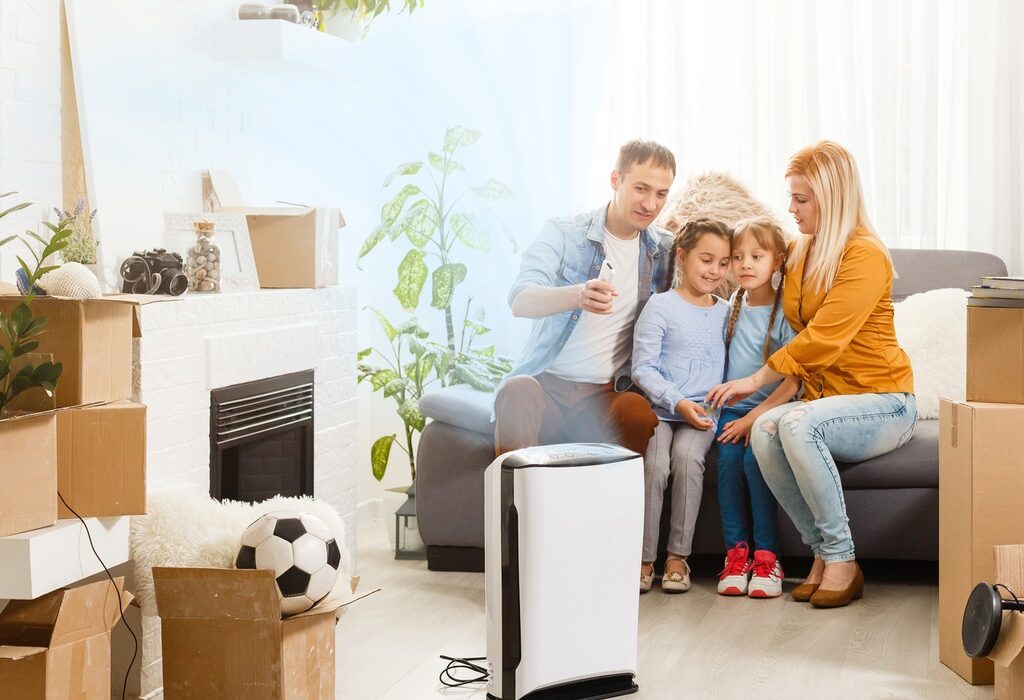When it comes to creating a healthier indoor environment, the choice of an air purifier can make a significant difference. With so many options available in the market, buyers have the opportunity to select an air purifier that aligns perfectly with their needs. Let’s delve into the world of air purifiers and explore the different options available.
High-Efficiency Particulate Air (HEPA) Purifiers
HEPA air purifiers are a popular choice among those seeking to remove particles and allergens from the air. These purifiers utilize a dense filter to trap tiny particles, including dust, pollen, pet dander, and even some bacteria. The HEPA standard ensures that these purifiers can remove particles as tiny as 0.3 microns with an efficiency of 99.97%. This option is especially beneficial for individuals with allergies or respiratory concerns.
Activated Carbon Purifiers
For those concerned about odors, chemicals, and gasses, activated carbon purifiers offer a suitable solution. These purifiers contain a bed of activated carbon that adsorbs various odorous and gaseous substances. This can be particularly advantageous for individuals living in urban environments or near industrial areas. Additionally, activated carbon purifiers can help improve overall indoor air quality by reducing volatile organic compounds (VOCs).
Ultraviolet (UV) Germicidal Irradiation Purifiers
UV purifiers tackle biological contaminants such as bacteria, viruses, and mold spores. These purifiers utilize ultraviolet light to disrupt the microorganisms’ DNA, preventing them from reproducing and effectively neutralizing their threat. While they are proficient in eliminating germs, they may not be as effective in addressing non-biological particles. UV purifiers can be a valuable addition to spaces where germ control is a priority.
Ozone Generators
Ozone generators work by emitting ozone, a molecule composed of three oxygen atoms, into the air. Ozone reacts with and eliminates odors, mold, and bacteria through a process called oxidation. However, ozone can harm humans and pets when inhaled in high concentrations. Due to potential health risks, ozone generators should be used cautiously and only in unoccupied spaces.
Electronic Air Purifiers
Electronic or ionizing air purifiers use an electrostatic charge to attract and trap particles. These purifiers can capture a wide range of pollutants, including dust, smoke, and pollen. However, some models may produce small amounts of ozone as a byproduct. Buyers interested in electronic purifiers should ensure they choose models that are certified ozone-safe.
